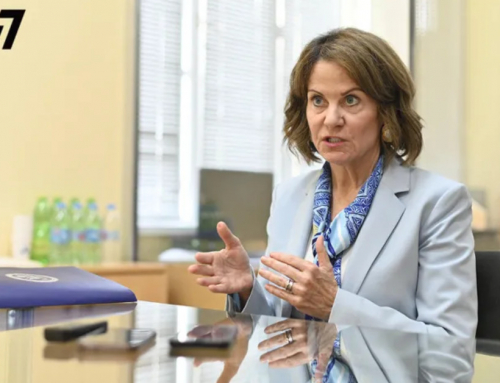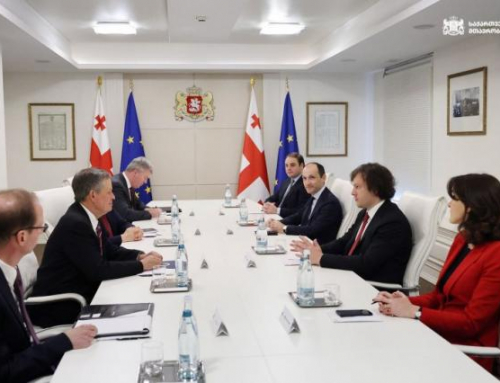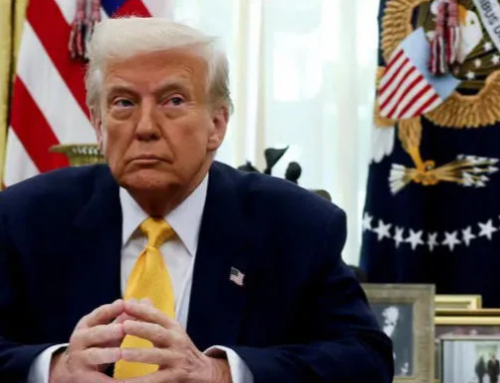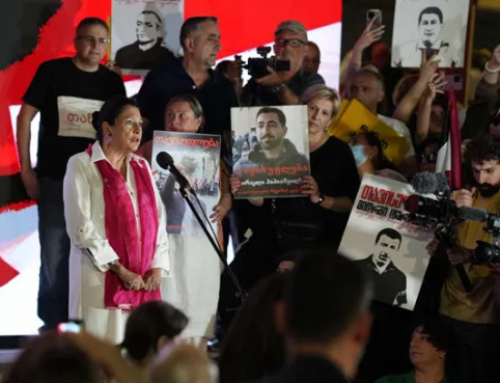TBILISI, DFWatch – Georgia will not increase the number of members of parliament. Raising the number of MPs was one of several controversial proposed changes to the election system as the country heads into an election year.
Pavle Kublashvili, chairman of parliament’s judiciary committee told journalists that the plan has been scrapped after a meeting with parliamentary speaker David Bakradze Monday.
As the bill now stands, there will be only minor changes in the electoral system. The number of MPs will stay 150, but 73 of them will be chosen by a majoritarian rule, one from a majoritarian single electoral district and 77 via party lists.
Today 75 are elected through the majoritarian system and 75 are chosen via a party list.
Two places lose their majoritarian representative. That’s because part of Georgia’s territory has been occupied since last election. These are the majoritarian districts of Liakhvi Valley and Akhalgori. Because these territories are still occupied following the war in August 2008, elections cannot be conducted there and accordingly, these two mandates will instead be added to the MPs chosen via party lists.
The bill about increasing the number of MPs from 150 to 190 was presented in parliament a month ago and proposed a system where 107 MPs would be chosen via party lists, while 83 via what’s called the majoritarian system. This was explained with the need to follow recommendations from the Council of Europe’s Venice Commission and an organ under the Organization for Security and Cooperation in Europe called the Office for Democratic Institutions and Human Rights (ODIHR), according to which there should be a principle of vote weight.
The idea was first floated back in July, in consultations between the opposition and the government. But many opposed the idea, including the opposition and the non-governmental sector, because the number of MPs was set at its current level by a decision adopted on the basis of a referendum. According to Georgian legislation, changing a decision made by a referendum is only possible by holding another referendum.
Despite the fact that the president himself has said many times that the MP numbers was decreased on the basis of a referendum and was an implementation of the will of the people, the government has lately argued otherwise, claiming that these were not changes implemented via referendum.
Pavle Kublashvili claims that the procedure now will run its course in the ordinary way and at the session planned for December 20 the constitutional changes and the Electoral Code bill have its first hearing, but the decisions of December 19 will be reflected in the bill about constitutional changes.
Only that part of the opposition which signed the electoral agreement in summer were attending the meeting with the Parliament Speaker.
Monday’s decision concerns three main issues. The first is keeping unchanged the number of MPs.
Pavle Kublashvili argues that defining the number of MPs as 150 for the next parliament and distributing the mandates after such a principle was the optimal decision. The distribution of mandates this way was the wish of businessman Bidzina Ivanishvili’s political partners, the Free Democrats, which didn’t participate in the consultations.
An agreement was reached that for the next parliament; three quarter of the votes is required for a constitutional majority, instead of the current two thirds.
The third issue was the rules for how to form what’s called a faction. According to the current legislation, it takes at least six MPs to set up a faction. But according to yesterday’s decision, all political groups able to pass the threshold and get into parliament will be allowed to set up a faction.
How it will be managed and what changes will be made to law to accomplish this will be clear during the review of the bill on December 20.





Leave A Comment
You must be logged in to post a comment.